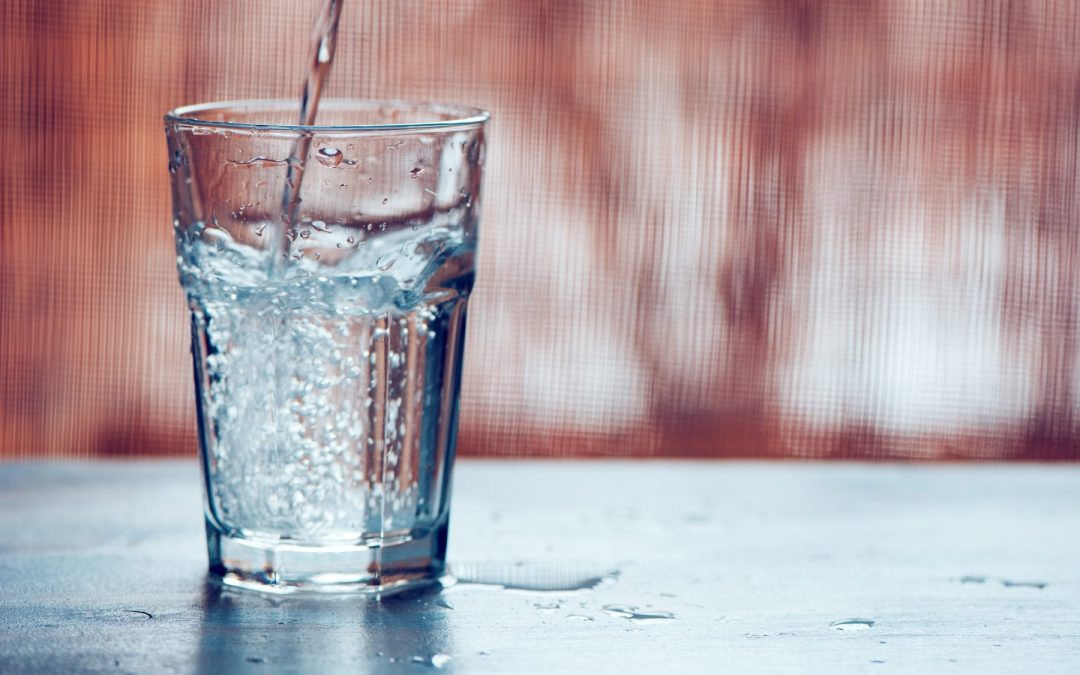Sparkling water, sometimes called carbonated water, is all the rage right now. Drinking more of this instead of sugar and high fructose corn syrup (HFCS) laden sodas, or even diet sodas, is much healthier than you might think. However, the mouthfeel of plain water can be boring and carbonated waters feel more indulgent. But are you doing your teeth any favors by simply switching to carbonated water? Is sparkling water safe for your teeth?
The Science
It boils down to science. The pH of your mouth is normally around 7.4. Enamel (the hard, outermost layer of your teeth) starts to deteriorate when the pH falls below 5.5.
- The mouth is normally pH = 7.4
- Enamel erodes at pH = 5.5
- The pH of sparkling water brands varies from pH = 3-6
- Flavored waters, especially citrus flavors, often have higher acid levels that increase the risk of damage
| Brand | pH* |
| Club Soda | 3.69 |
| San Pellegrino | 4.28 |
| La Croix | 5.5 |
| Perrier | 6 |
*when cold – warm is higher
Most dentists distinguish between “not too bad” and “too acidic.” Too acidic is anything lower than pH=4.0.
Special Exceptions
If you have existing dental problems or persistent dry mouth, you need to be more careful. These conditions put your teeth at greater risk for erosion with less acidity. To put this in perspective, fresh cherries and tomatoes have a pH between 4-5 and may cause more damage to the teeth of people with issues versus those without preexisting dental problems. People with dry mouth (which can include people with certain medical conditions and sometimes people with various kinds of braces) need to be careful about drinking acidic drinks because they usually do not have enough saliva to dilute the drink.
Children’s deciduous (baby) teeth are more susceptible to erosion than adult teeth and sucking on a bottled beverage can erode a baby’s first teeth very easily.
pH Values of Various Drinks
Beer tests at about 4.3, which means it is more acidic than sparkling water and worse for your teeth. Wine has a pH of 3.0-3.6, making it even more acidic, and red wine will stain your teeth, too. Anything tangy or citrusy will be acidic as some form of acid is what gives food a tart flavor.
Most energy drinks test from 3.0 to 4.0 also placing them on the too acidic scale.
Many sodas range from a pretty low 2.3 (the original colas) up to 3.7, and then a few root beers are relatively mild, at “only” 4.4 or so. Diet drinks aren’t predictably better than drinks with sugar and HFCS.
Benefits of Sparkling Water
If the mouthfeel of sparkling water means you drink more water and less soda, you are doing your body and your teeth a favor. Your teeth don’t need sugar, acid, and artificial coloring.
Other options for more pH neutral drinks include:
- Tap water
- Black tea
- Black coffee
- Kinds of milk (cow, nut, soy, goat, sheep)
- Non-citrus fruit and vegetable juices
Minimizing the Risk
The amount of damage a beverage can do to your teeth depends a lot on how you drink it. If you use a straw, your front teeth don’t have as much exposure to the drink. When you sip all day long, the sparkling water lingers and causes more exposure. If you drink a can of sparkling water as fast as you can, you’ll burp more than you’ll hurt your teeth. It’s also important to brush your teeth as soon after drinking or eating as possible. This will remove any sugars or acidic substances from the tops of your teeth and in between.
So what’s the verdict? Like most other things, sparkling water is fine in moderation and better than sodas or energy drinks. Bottoms up!
Walton & Maready Orthodontics wants to make sure you have all the facts when it comes to your teeth. Contact our office if you have any questions or would like to make an appointment.

